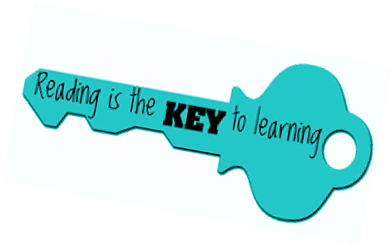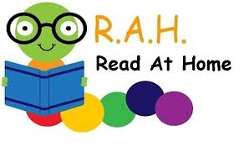Read by Grade 3: The Law
Lybrook Beavers READ!
The authors of the Read by Grade 3 (RBG3) law identify third grade as a critical point in a child’s educational career, marking the transition from “learning to read” to “reading to learn”. They maintain a child who cannot read well by the end of the third grade will struggle in future years to meet proficiency levels if their reading skills are insufficient to allow their understanding of core concepts in all subject areas.

What does the Read by Grade Three (RBG3) mean for 3rd Graders?
In April of 2020, all third-grade students will take the state’s M-STEP assessment, but this year all eyes will be on their reading scores. The M STEP English Language Arts test will be used to determine whether students will be able to move onto the fourth grade or not. The Read by Grade 3 (RBG3) law states that students who are more than one year behind grade level in reading are subject to retention and additional support to improv their reading level. Therefore a 3rd-grade student will not be able to move onto fourth grade unless any one of the following occur:
The student attains a minimum score of at least 1253 on the third grade English Language Arts portion of M-STEP.
The student demonstrates reading proficiency through a state approved alternative assessment.
The student demonstrates reading proficiency through a classroom student portfolio.
Please Note: It is important to understand that there are a number of conditions beyond the test score to be considered before a student is retained in third grade. All are new and should be understood by parents who will want to know all their options if their child’s reading score is low enough to trigger possible retention under Michigan’s “Read by Grade 3” law.
Parents Play an Important Role

Read! Read! Read!
Make Literacy a Priority at Home!
Parents play an important role in the process of growing children as readers. Continue reading daily with your child or listening to your child read aloud! Research shows that 20 minutes of reading outside of the school day makes a significant impact on student reaching achievement.
If you have further questions, please contact your student’s teachers and building principal to learn what they plan to do to provide support for your child and what you can do to better help your child read.
